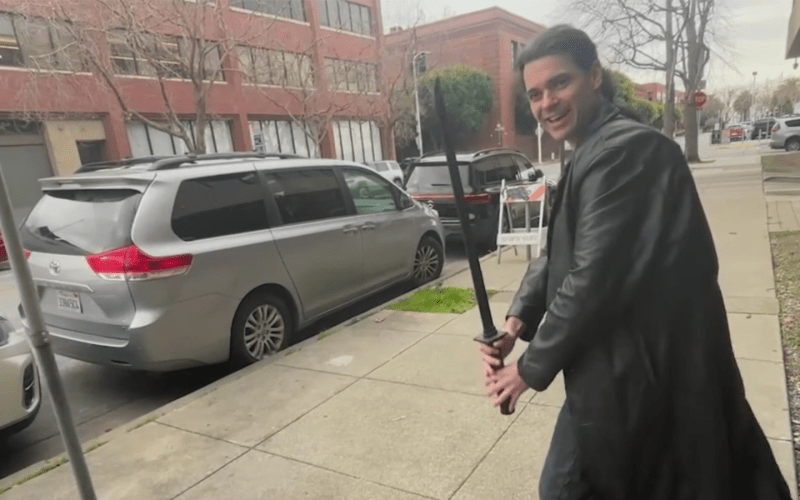Elites Influence Rising Polarization in Society, New Study Reveals

Research has unveiled the considerable influence of elites on the growing polarization within political systems. This polarization occurs when internal unity within groups strengthens, leading to a widening divide between them. As these divisions deepen, societal tensions rise, complicating efforts to achieve compromise.
A recent study has measured the intensity of this polarization, shedding light on its structural roots, particularly in relation to social media. The findings indicate that the way information is disseminated and consumed on these platforms plays a significant role in entrenching divisions among various groups.
Understanding Polarization Dynamics
Polarization has become a pressing issue in many democracies, with citizens increasingly aligning themselves with their political identities. This phenomenon is not merely a reflection of differing opinions but rather a manifestation of social fragmentation. As individuals gravitate towards like-minded communities, the potential for dialogue diminishes, which can lead to heightened conflicts.
The research highlights that elites—those in positions of power and influence—are not only participants in these discussions but also key players in shaping narratives. Their ability to leverage social media platforms allows them to amplify particular viewpoints, often at the expense of more moderate perspectives.
According to the study, the impact of elite messaging is significant. For instance, when influential figures promote divisive rhetoric, it can lead to increased polarization among their followers. The study notes that this can result in substantial changes in public opinion and policy preferences, further entrenching existing divides.
The Role of Social Media
Social media platforms serve as a double-edged sword in the context of political discourse. While they facilitate the exchange of ideas, they also enable the rapid spread of misinformation and extremist viewpoints. The algorithms that govern these platforms often prioritize sensational content, which can skew perceptions and deepen divisions.
Research indicates that individuals exposed to extreme viewpoints are more likely to adopt similar stances, creating echo chambers where dissenting opinions are less tolerated. This cycle reinforces polarization, making it increasingly challenging for individuals to engage in constructive dialogue across ideological lines.
To illustrate this point, a significant percentage of users on major social media platforms report encountering predominantly partisan content in their feeds. This environment not only shapes individual beliefs but also influences broader societal trends.
The implications of these findings are profound. As societies grapple with the consequences of polarization, understanding the roles that elites and social media play is critical. By recognizing these influences, stakeholders can develop strategies to foster more inclusive dialogues and bridge the divides that threaten social cohesion.
In conclusion, the intersection of elite influence and social media dynamics presents a complex landscape for political engagement. As polarization continues to escalate, addressing these underlying factors will be essential for restoring balance and encouraging constructive discourse in society.






